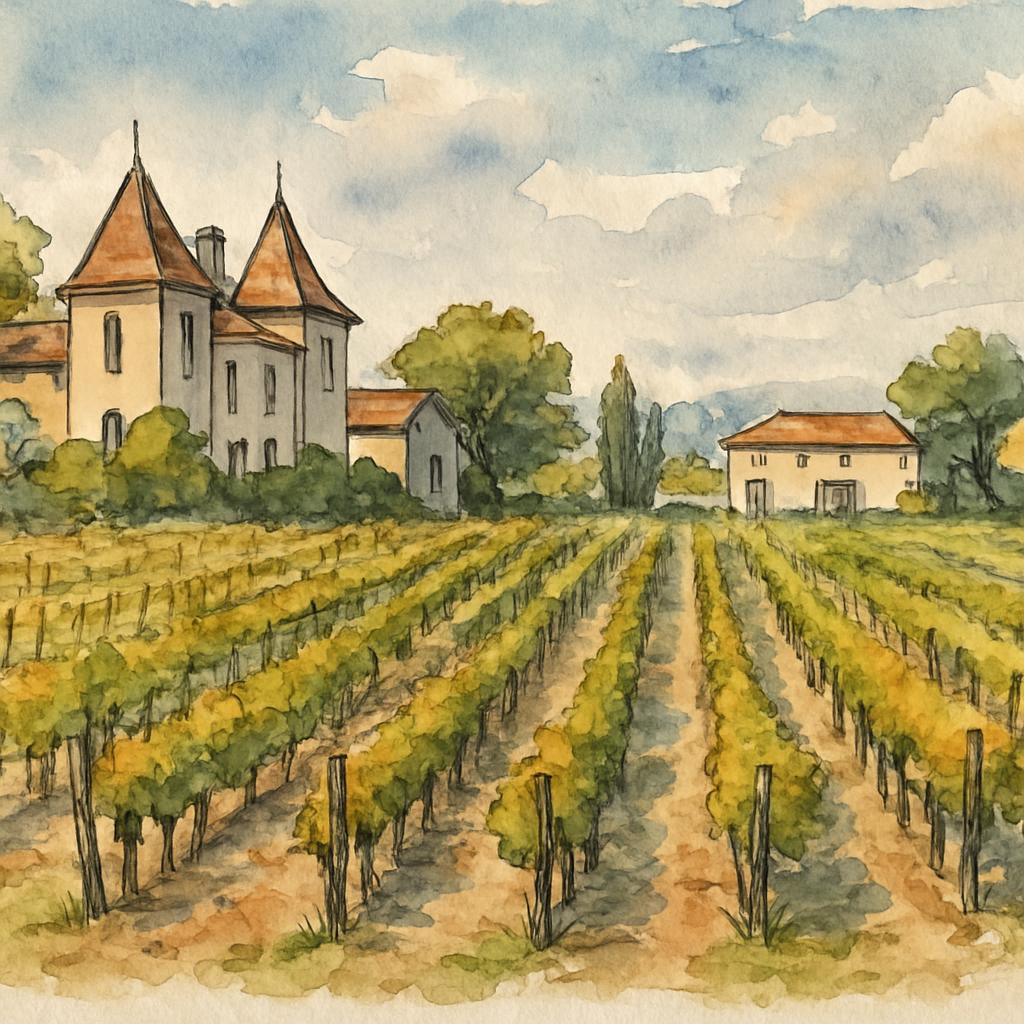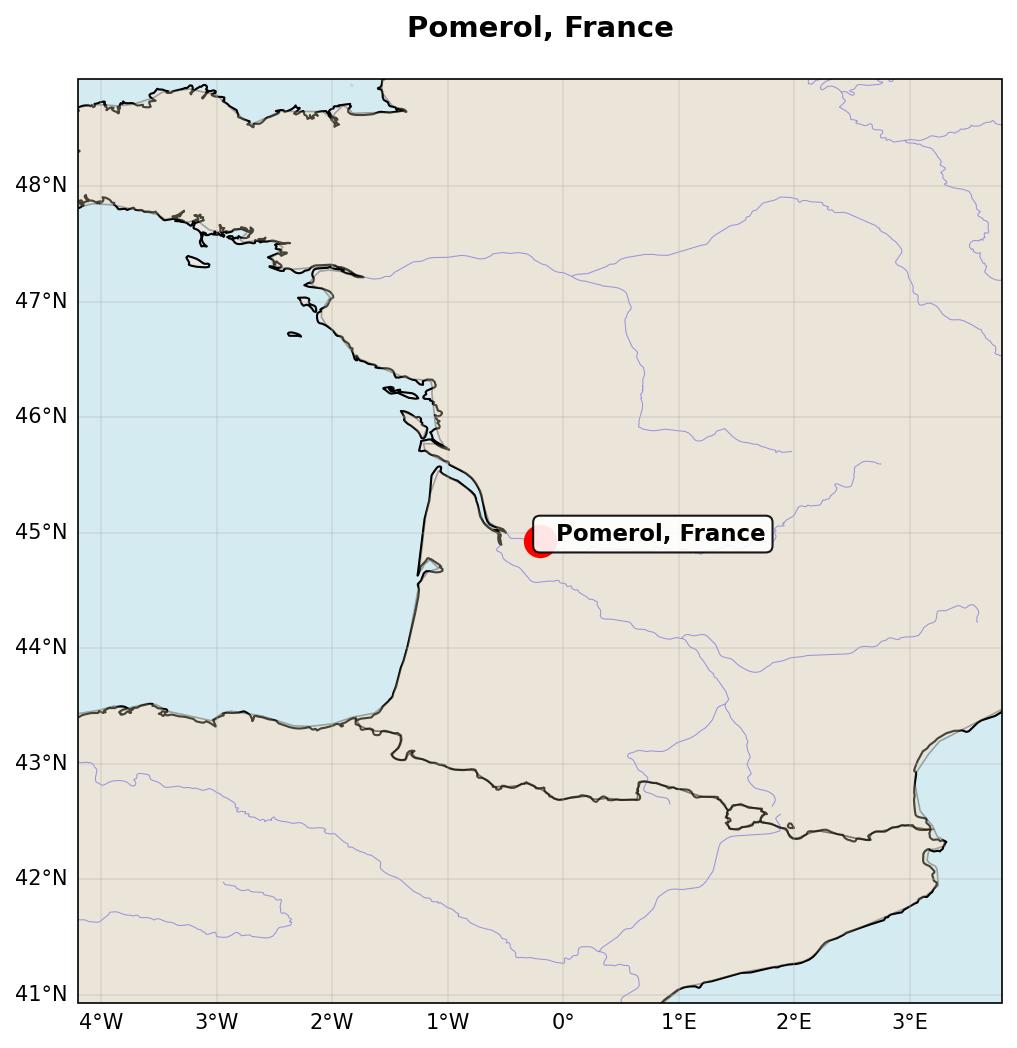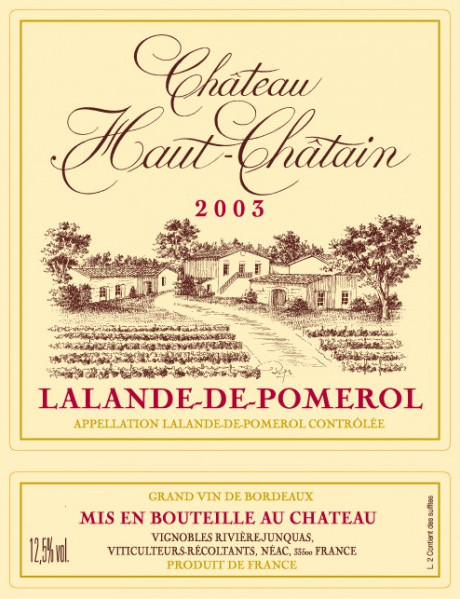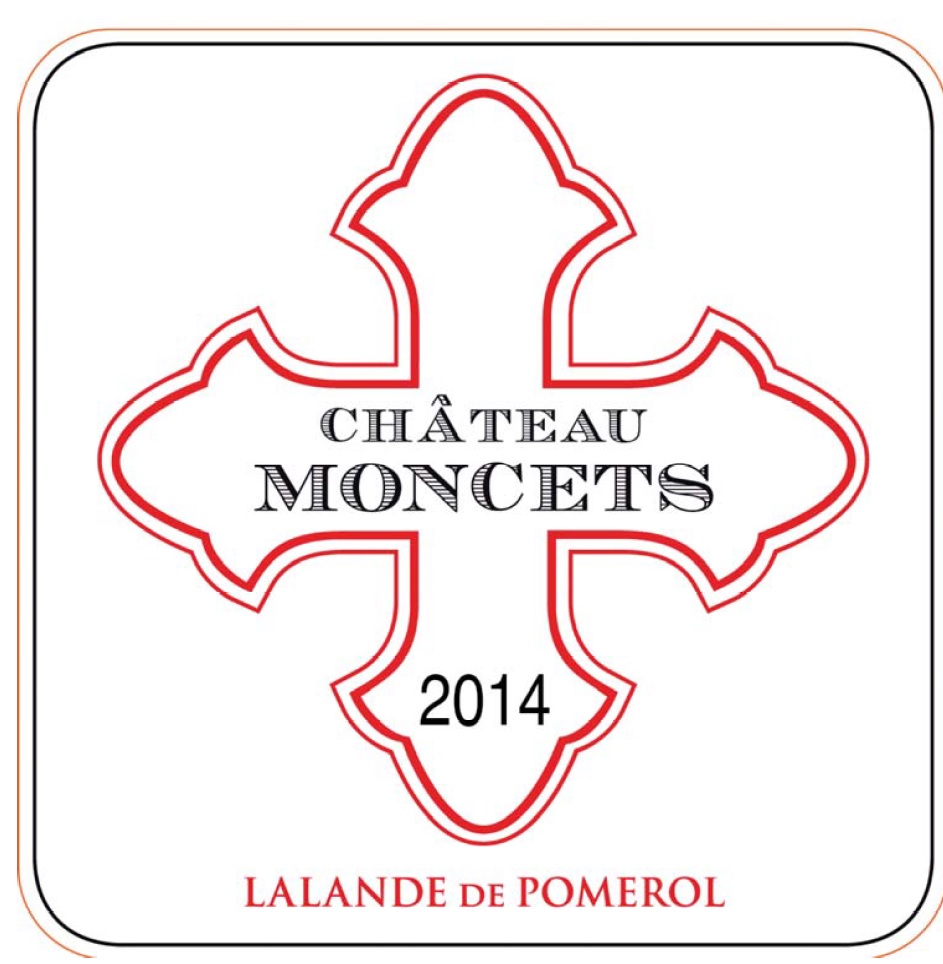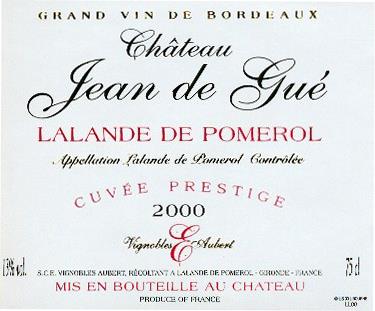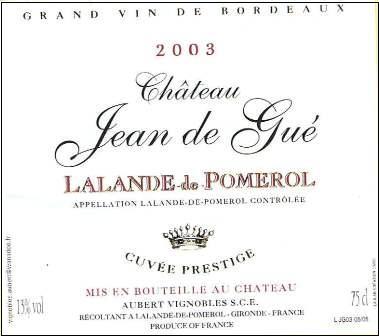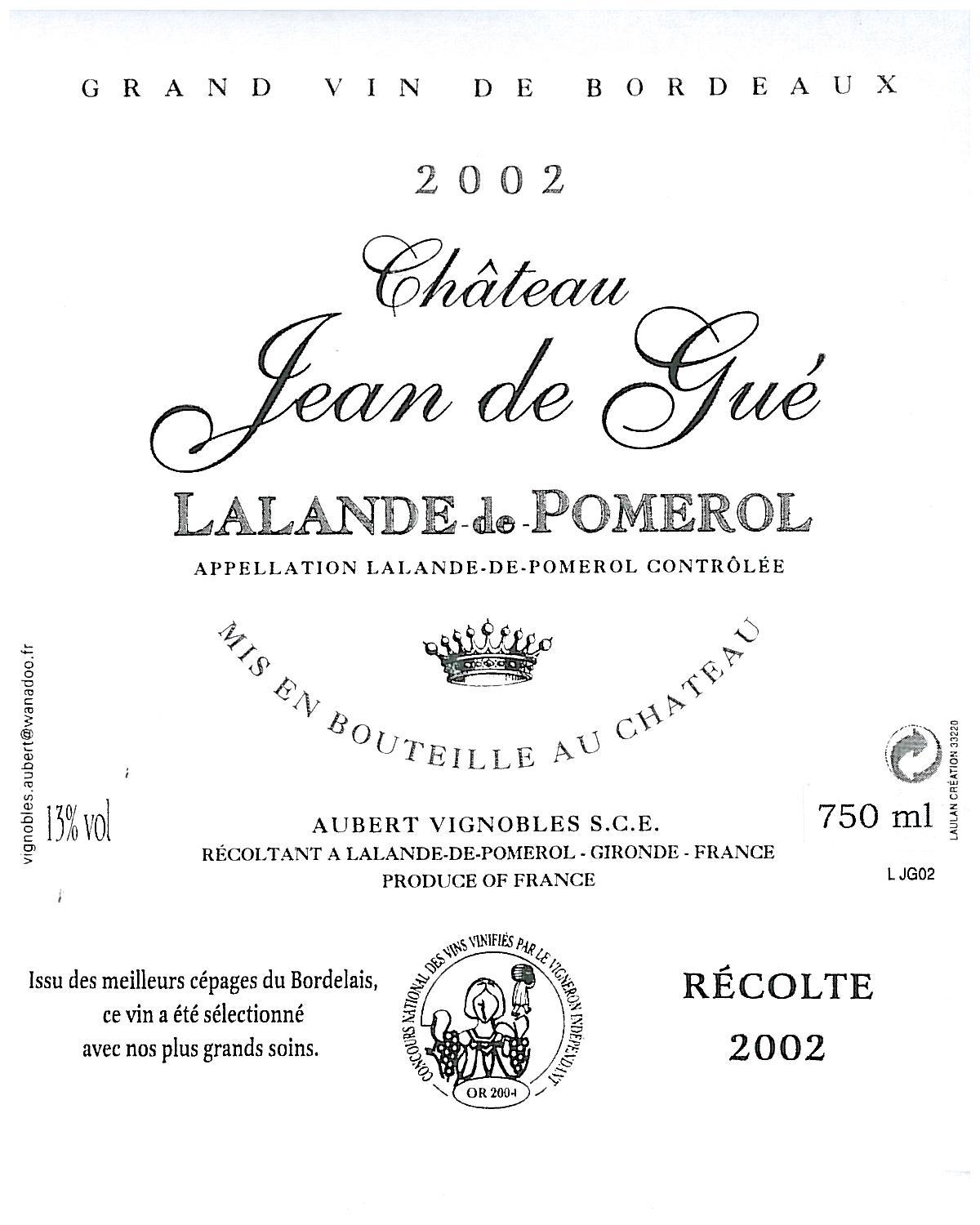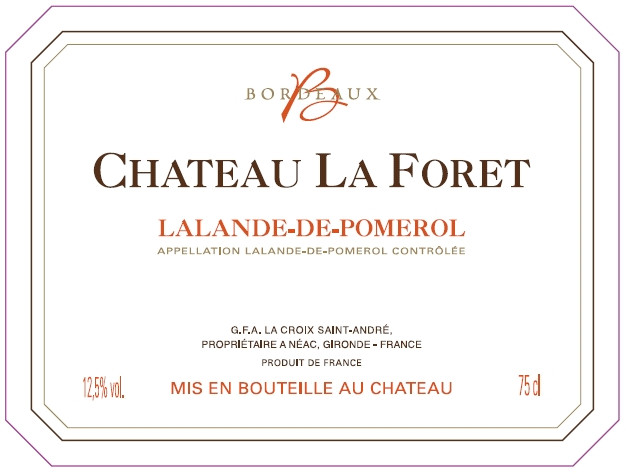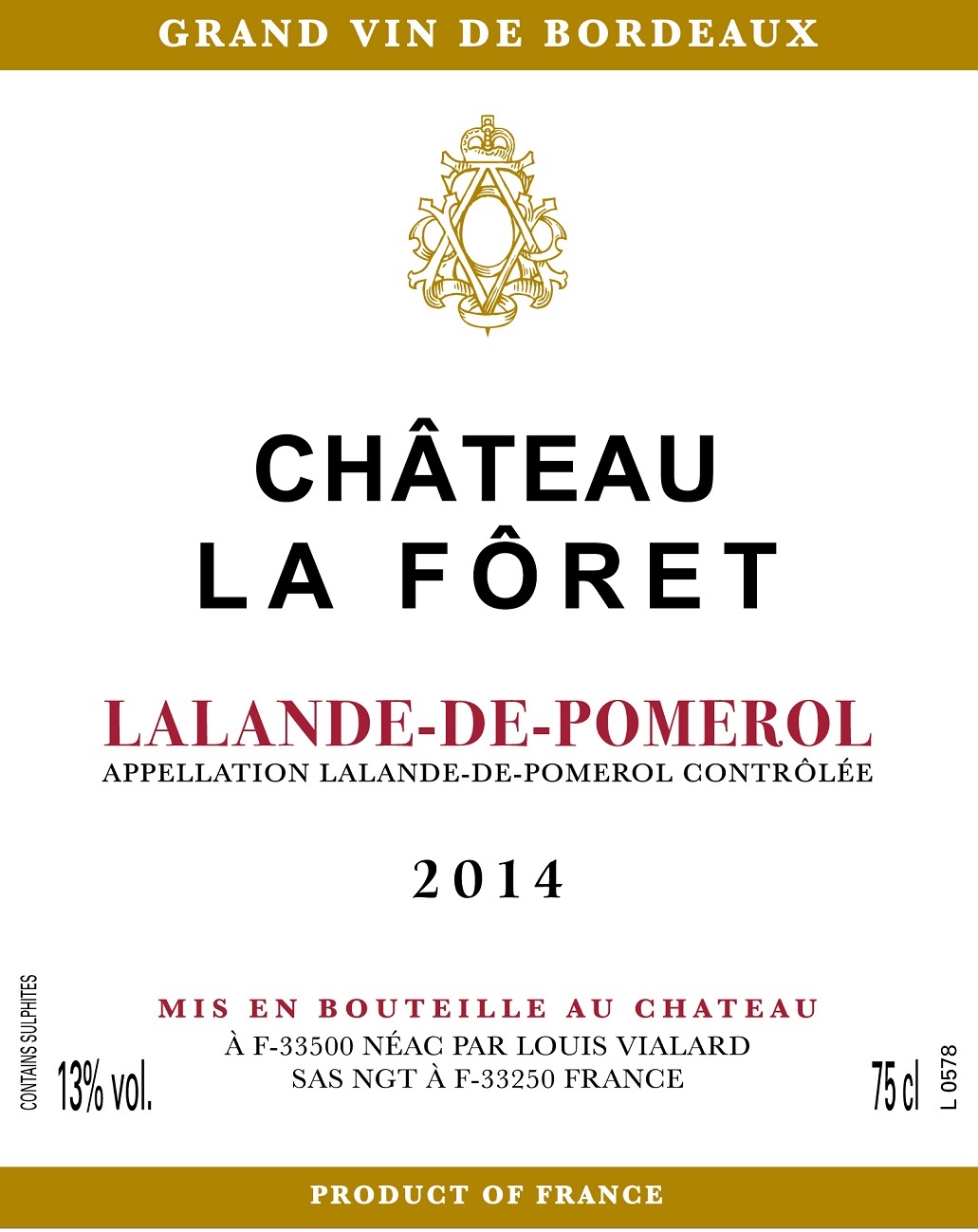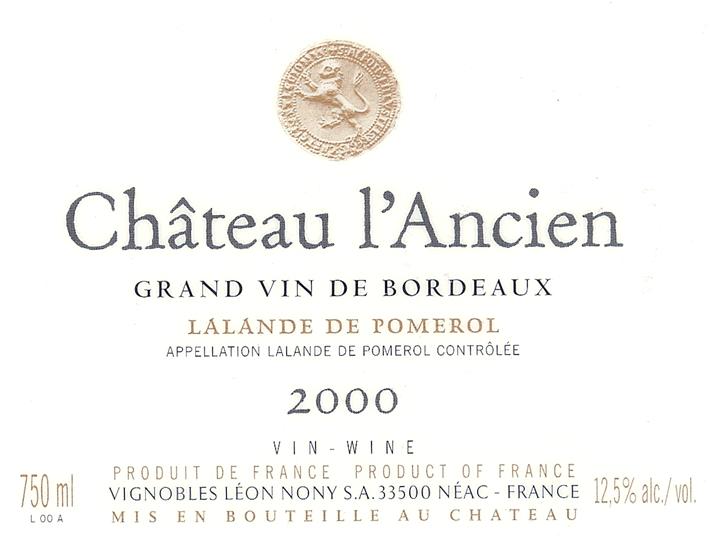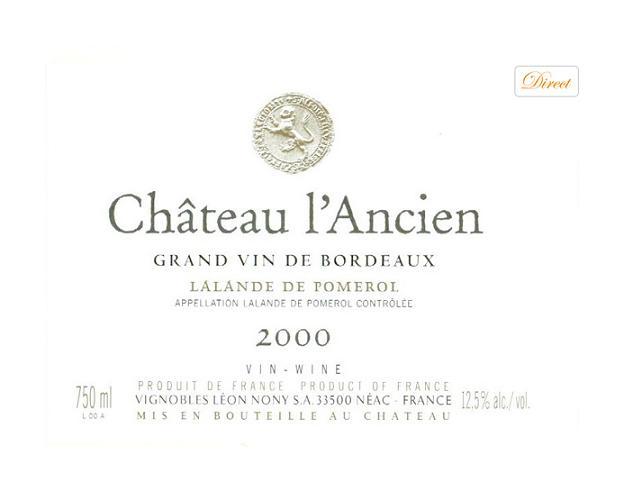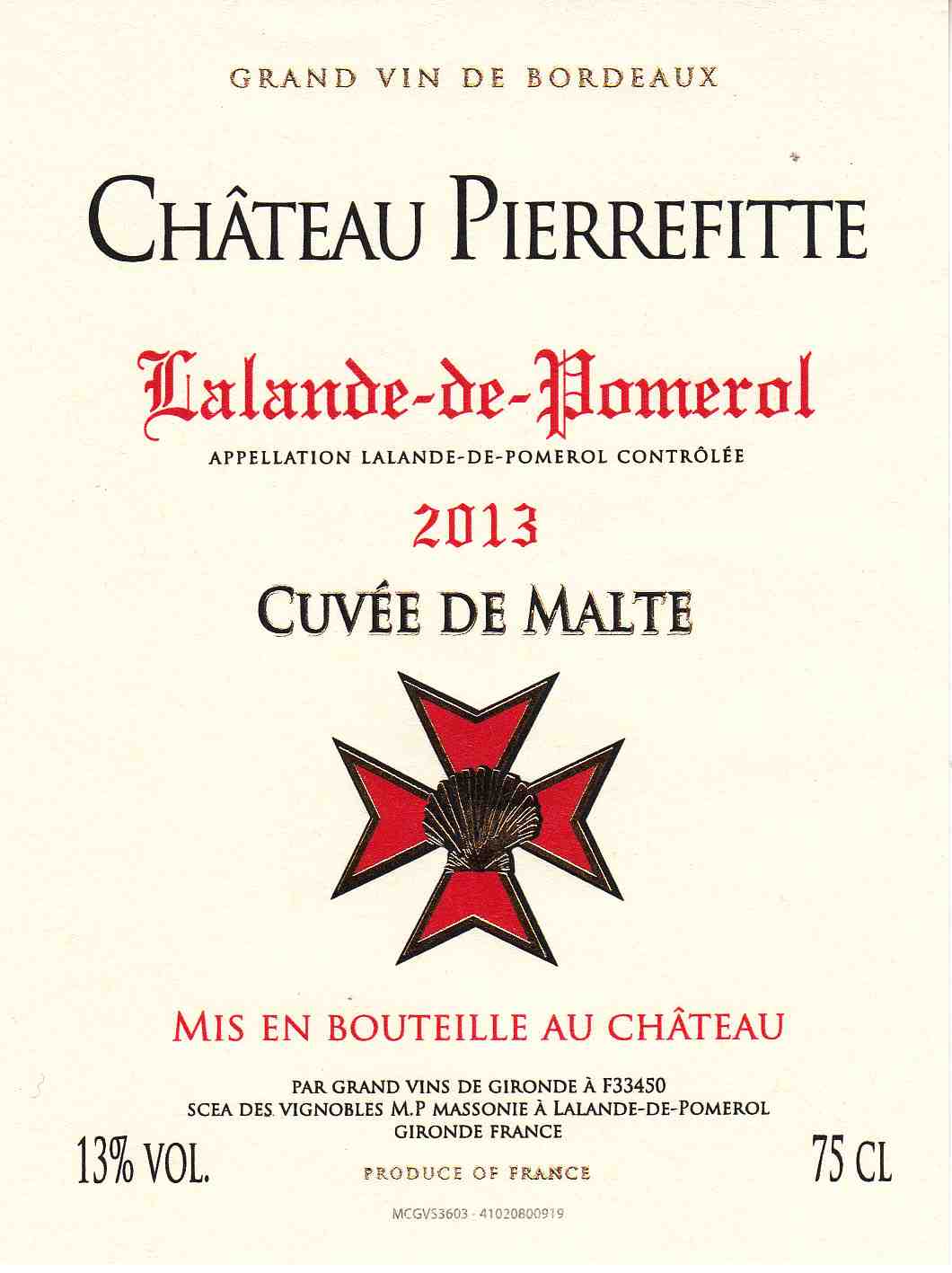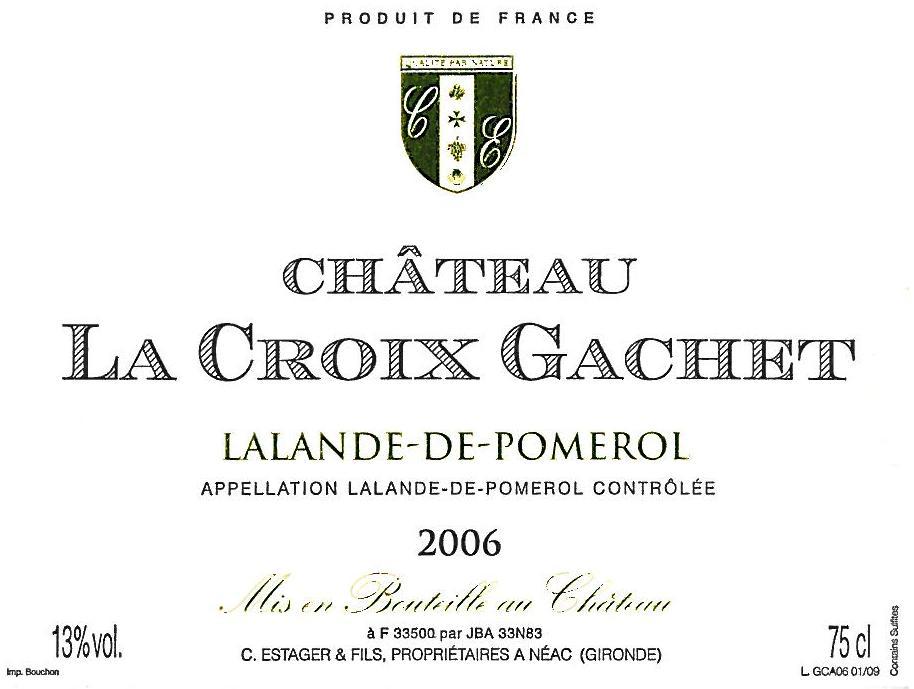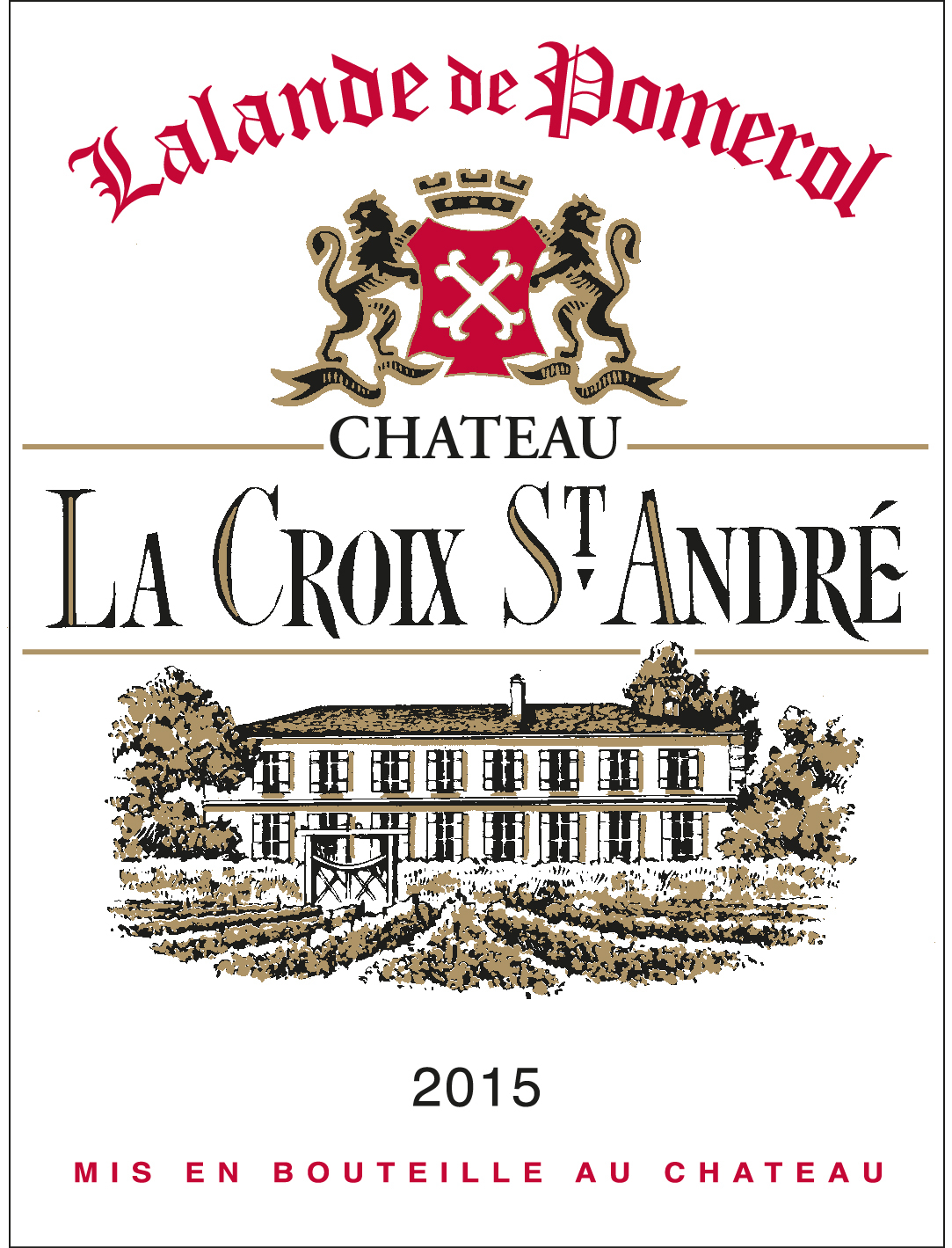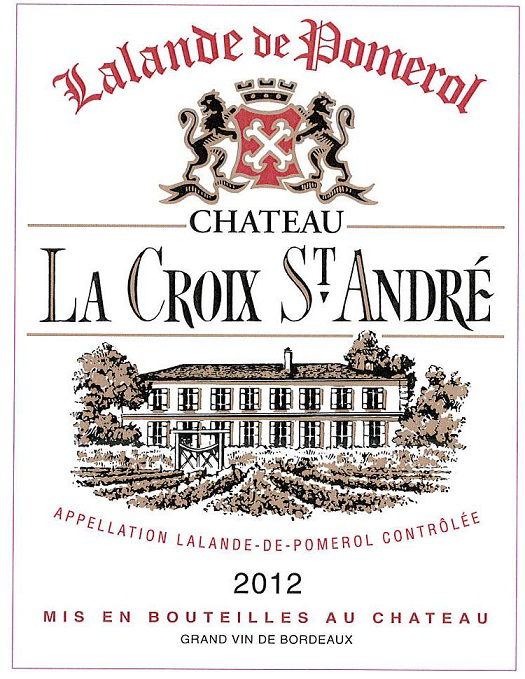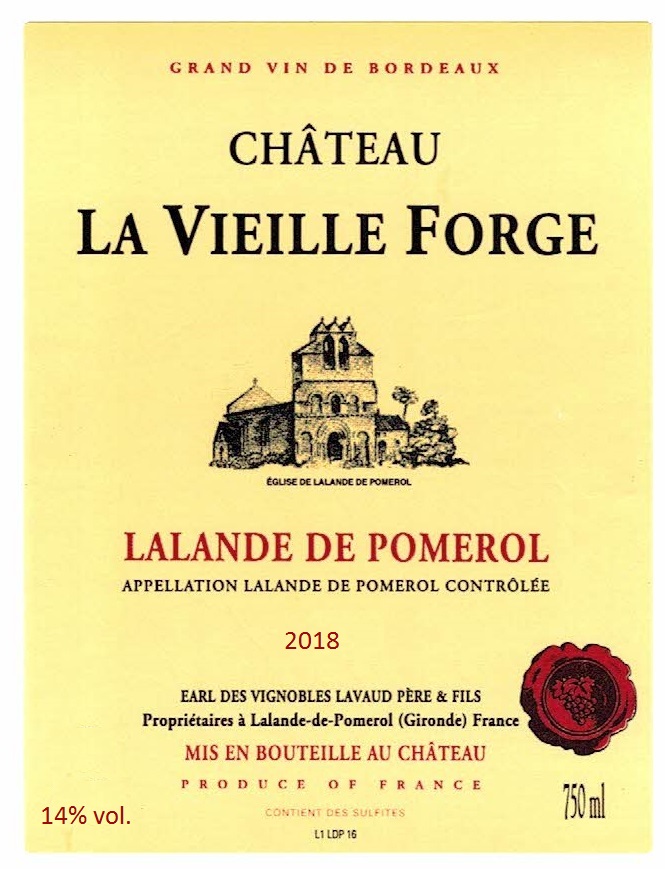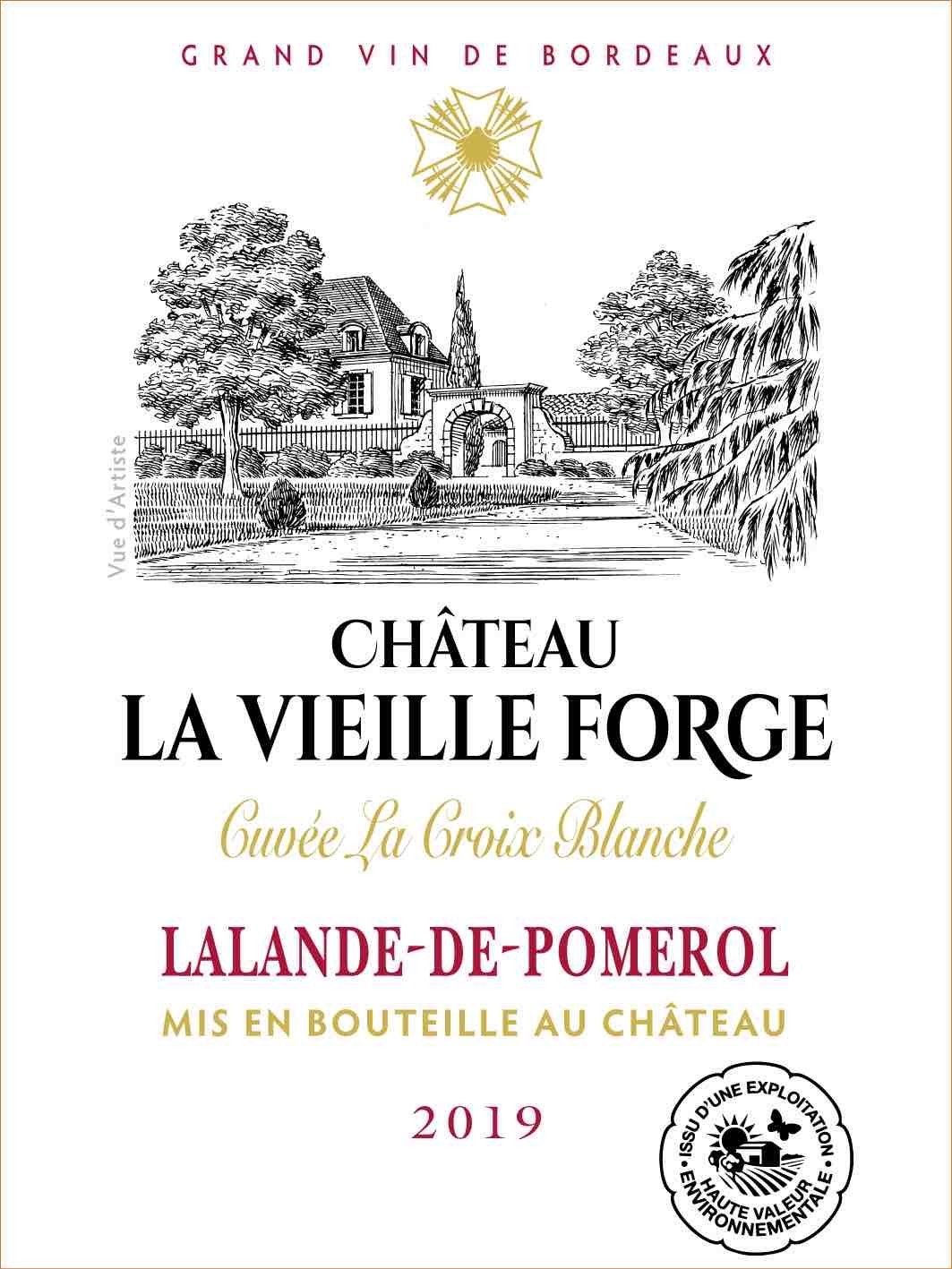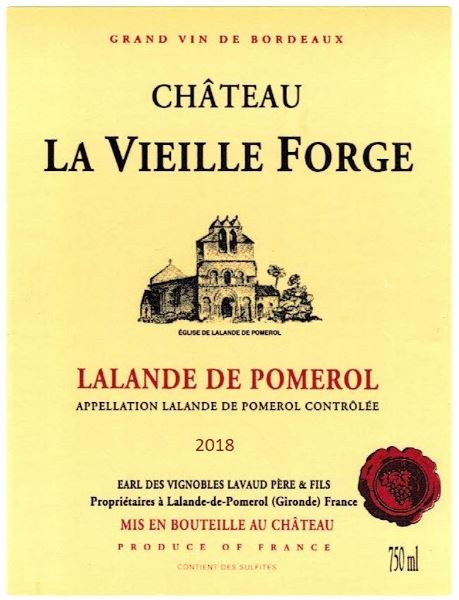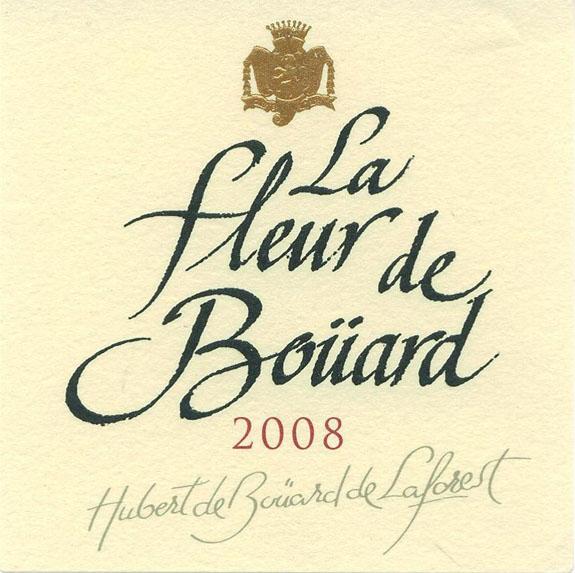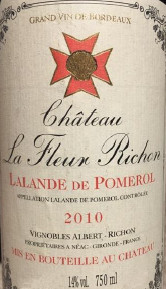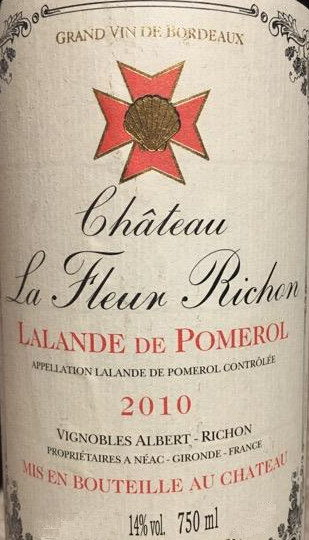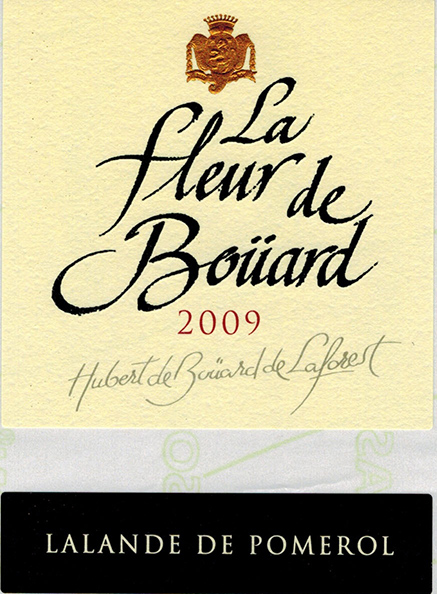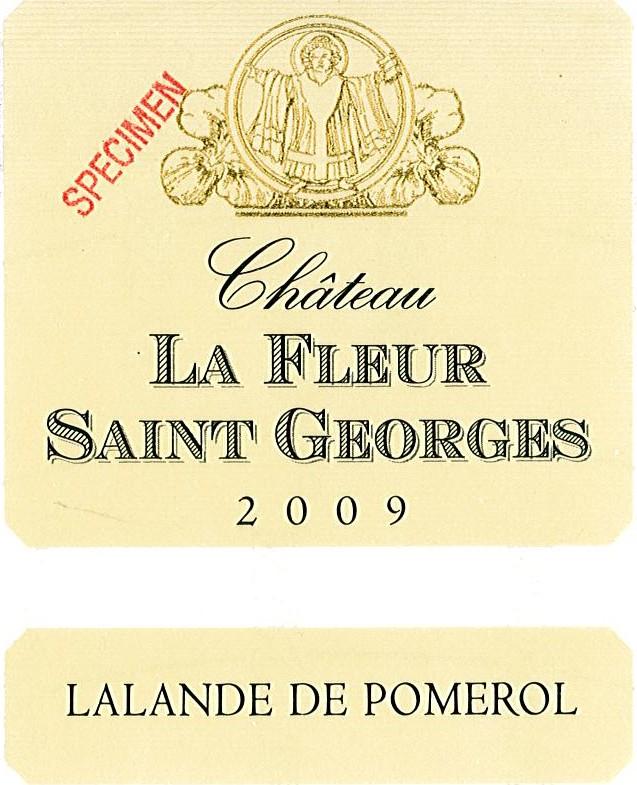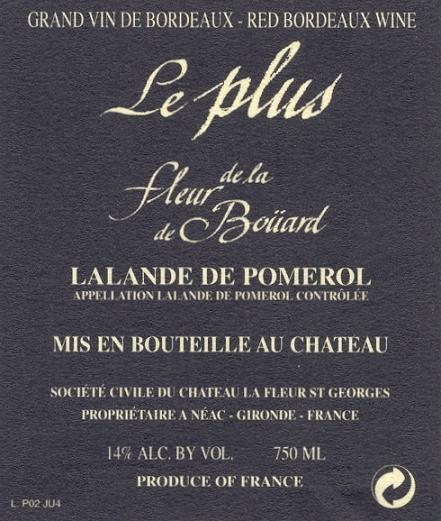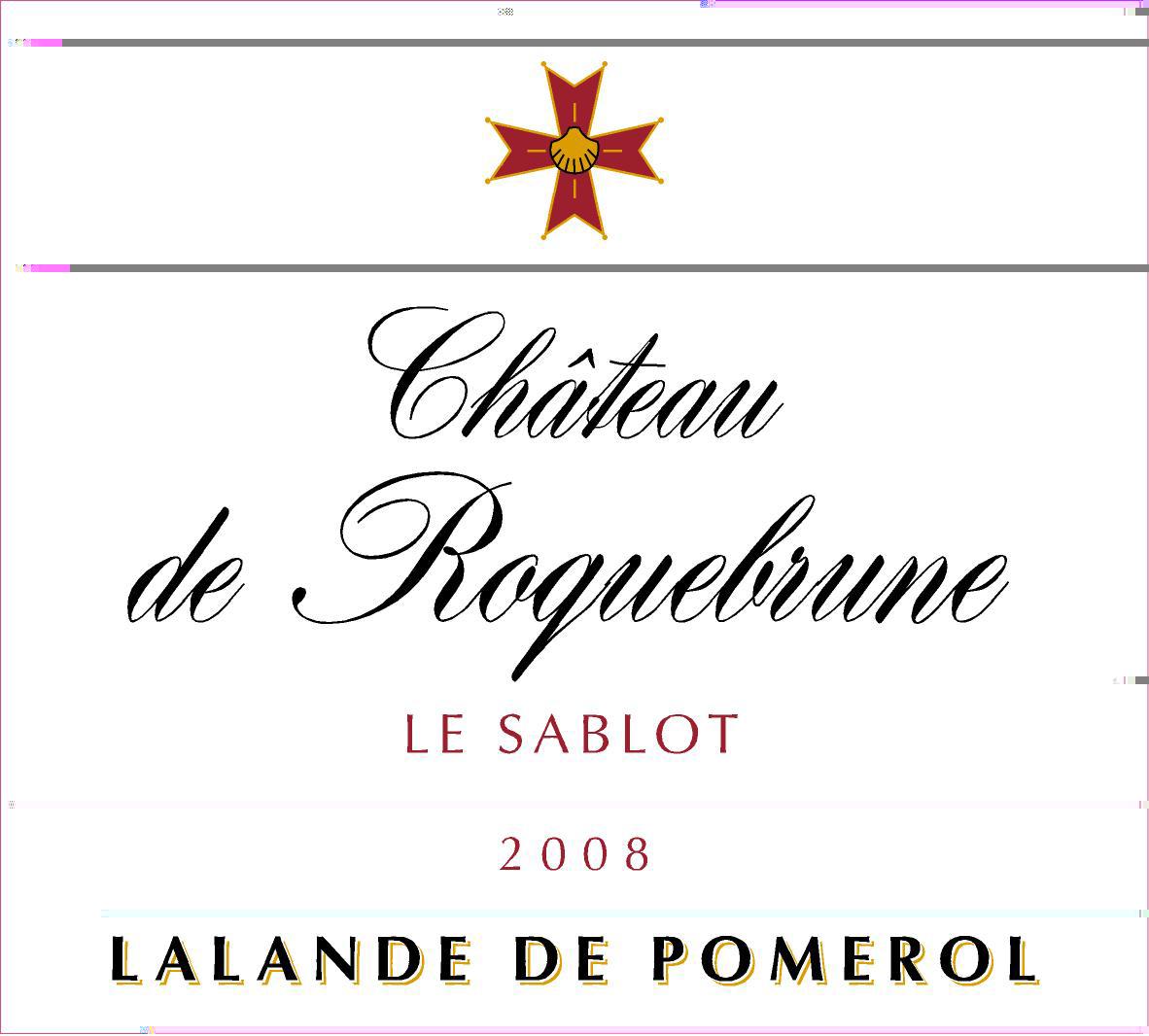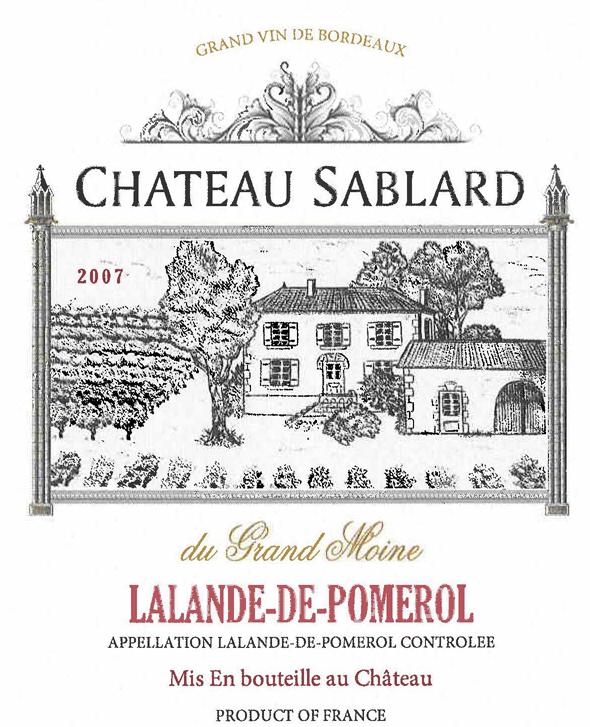Terroir of Pomerol
Pomerol's unique terroir is defined by its diverse soils and mild Atlantic climate, crucial for cultivating its famed Merlot. At the heart of the region, the Pomerol plateau features clay-rich soils, including the renowned blue clay, which retain moisture and contribute to robust, structured wines. Surrounding areas offer a mix of fine gravel, sand, and silty clay, sometimes layered with crasse de fer, producing wines with brighter aromas and lighter bodies.
The climate, tempered by nearby rivers, presents gentle, wet winters and warm, mostly dry summers. Spring frosts are a concern due to early-budding Merlot, yet the varied elevation from 7 to 40 meters aids in effective drainage. These conditions foster early ripening, resulting in wines rich with ripe fruit flavors and the structure needed for aging, ensuring Pomerol's reds remain both powerful and elegantly refined.
Notable Wineries in Pomerol
Pomerol, a jewel of Bordeaux's Right Bank, is home to some of the world's most coveted wines, all thanks to its renowned Merlot. Here are some of the top wineries that make this region shine:
- Château Pétrus: Known globally for its limited, high-quality production of Merlot, offering exceptional richness and finesse.
- Château Le Pin: Another iconic name, celebrated for its rare and exquisite Merlot wines.
- Château Lafleur: Prized for its aromatic blends that embody elegance and complexity.
- Vieux-Château Certan: Offers smooth blends with an aromatic profile.
- Château Trotanoy: Famous for its rich, long-lasting wines that showcase the depth of Pomerol's terroir.
These estates, along with others like Château Gazin and La Conseillante, masterfully balance power and elegance, delivering wines that capture the heart of Pomerol.
Sustainable Winemaking in Pomerol
Pomerol, a distinguished appellation on Bordeaux's Right Bank, is embracing sustainable viticulture to protect its valued terroir and its renowned Merlot. Many estates have adopted eco-friendly practices, joining regional efforts to enhance soil vitality and biodiversity. Techniques like cover cropping and natural composting reduce reliance on chemicals, ensuring the health of the land.
In the cellars, water recycling and solar energy are increasingly prevalent, reflecting a commitment to reducing carbon footprints. These practices not only help wineries address climate challenges but also preserve the unique character of Pomerol wines. By integrating sustainability into every aspect of production, Pomerol producers ensure their celebrated reds continue to thrive, combining rich strength with elegant finesse for future generations.
Wine Tourism in Pomerol
Pomerol presents a distinctive wine tourism experience, offering a serene escape into the heart of Bordeaux's Right Bank. Unlike more bustling wine regions, Pomerol's lack of a central village means visitors often stay in nearby Saint-Émilion or Libourne, using them as bases for exploration. The region's intimate nature requires appointments for tastings, though some wineries open their doors for special events, such as vintage tastings and open houses.
Visitors can enhance their Pomerol journey by integrating visits to Saint-Émilion’s historical landmarks and indulging in local cuisine. The combination of cultural exploration and wine appreciation allows guests to fully immerse themselves in the rich legacy and elegance of Pomerol wines, often characterized by their Merlot's deep, fruity flavors and refined strength.
